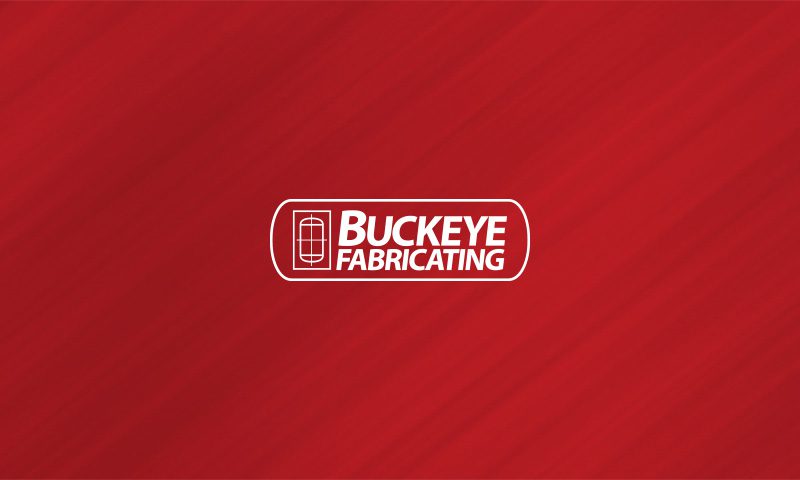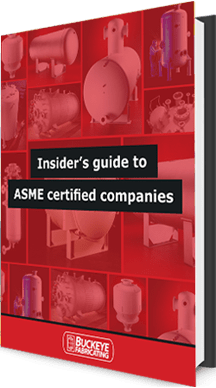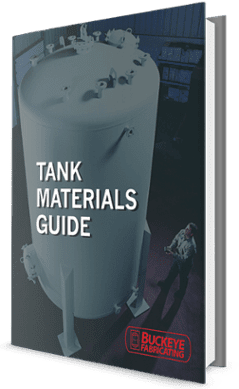Alloy use experienced a significant rise after the industrial revolution. It is now a universal truth that alloys have a clear edge on their base metals. The underlying reason for the development of alloy is to amalgamate better physical and chemical properties of base metals and non-metals used. In this blog, we will try to understand how some material properties can be modified in alloy formation, which is central in the fabrication of industrial tanks.
Material hardness can be increased in alloy formation
Few people know that naturally occurring metal ores are usually really soft and not fit for industrial applications. Their hardness is increased by employing different chemical and physical methods including turning them into alloys. For the fabrication of tanks used as pressure, storage and reactor vessels, the hard material is required. The hardened material required is usually procured by alloy formation. Tanks fabricated from the hard material can easily withstand the conditions of rough and bumpy operational environment.
Melting points can be altered in alloy formation
The melting point of a material holds a significant role in several industrial processes. And if we particularly talk about industrial tanks, then this physical property plays a twofold role. For boilers and other process-oriented commercial tanks, manufacturers require material with a higher melting point. In addition, manufacturers also want lower melting points too because an alloy with a lower melting point is easily fusible. This characteristic actually eases out the whole process of fabricating the customized industrial tanks.
Tensile strength can be increased by alloy formation
The tensile strength of a material is another property that can be altered in the process of alloy formation. Alloys with high tensile strength are most sought-after for all those industrial tanks that involve extreme pressure conditions.
Allow formation can also increase the corrosion resistance
Corrosion gradually degrades material with the chemical process of surface ionization. A lot of industrial losses can be attributed to this process of natural wear and tear. Therefore, industrial manufacturers always look for materials that offer maximum corrosion resistance. Corrosion resistance of a metal can be increased in alloy formation through the addition of non-metals. For the fabrication of tanks used for an industrial process involving liquid chemicals, it is important to pick materials that offer maximum corrosion resistance. A corrosion-resistant material ensures an extended functional life of the fabricated tank.
Allow formation and non-magnetic characteristic
Some industries are required to incorporate non-magnetic materials in their manufacturing process to avoid electromagnetic anomalies. Such industry facilities can go for fabricated tanks made of alloys with the non-magnetic characteristic.
Buckeye Fabricating provides expert tank fabrication services in the state of Ohio. Their experts have the proficiency to use several industrial alloys such as Alloy 20, Hastelloy, Duplex 2205, stainless steel and carbon steel for the fabrication of different industrial tanks.


 ASME Informational
ASME Informational Tank Materials
Tank Materials